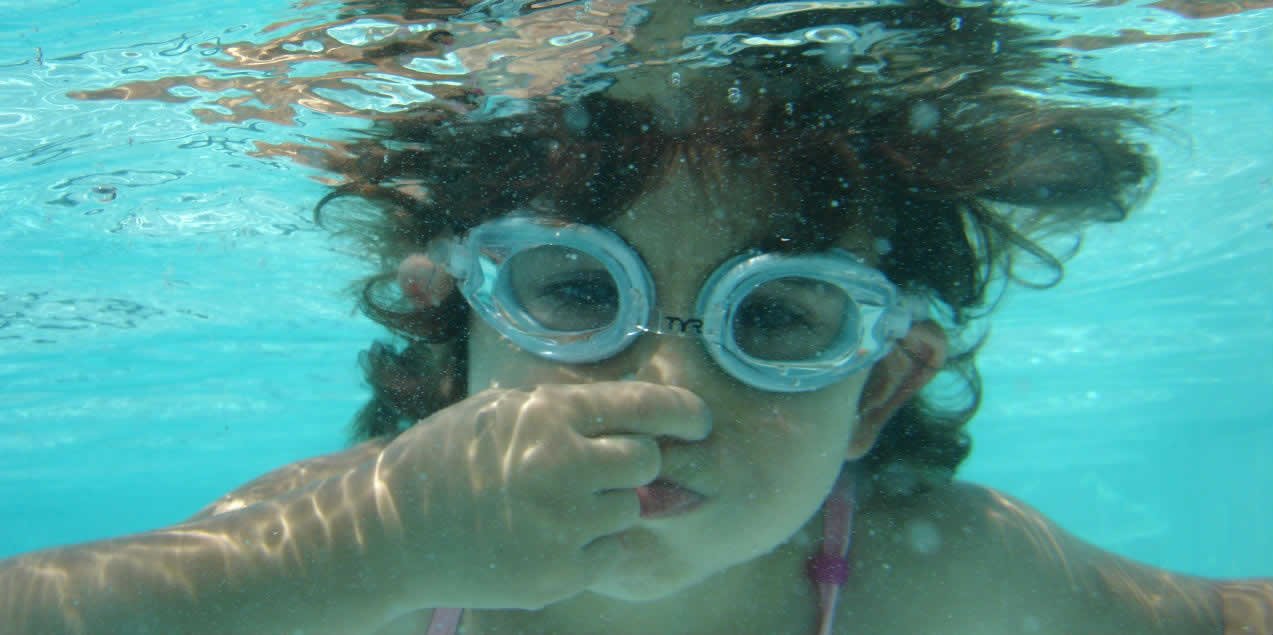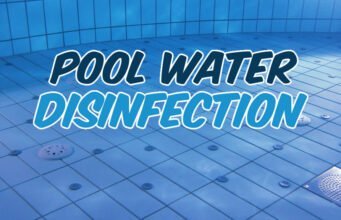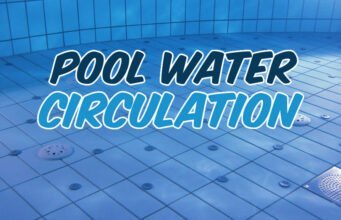 Although we can already count on the disinfection of swimming pools with UV rays, with the disinfection through ozone, with ionizers and salt generators, chlorine is still the most used product to keep swimming pools and spas free from bacteria that are dangerous to humans.
Although we can already count on the disinfection of swimming pools with UV rays, with the disinfection through ozone, with ionizers and salt generators, chlorine is still the most used product to keep swimming pools and spas free from bacteria that are dangerous to humans.
Salt generators continue to gain market share, UV disinfection and ozone generators for swimming pools are on the rise, but chlorine remains firmly in the lead when it comes to swimming pool disinfection…
So today we are going to talk a little about how cleaning the pool with chlorine works.
Do you know exactly what this chemical element does to keep your pool free of algae and bacteria?
The purpose of this article is to clarify precisely these points and also to talk about some of its main problems…
How does chlorine pool cleaning work?
Chlorine kills bacteria using a simple chemical reaction.
When you throw your chlorine into the pool, that substance dissociates to form several different by-products, including hypochlorous acid (HOCI) and hypochlorite ion (OCl).
Both kill microorganisms by attacking cell lipids, leaving them oxidized and harmless.
The difference between hypochlorous acid (HOCl) and hypochlorite (OCl) is the speed with which they do this.
Hypochlorous acid oxidizes microorganisms in a matter of seconds, while hypochlorite can take more than half an hour to complete this task.
One thing that few know is that what determines the amount of these by-products that will be formed in your pool is the pH of the water!
Now… If the levels of HOCl and OCl- vary according to the pH of the pool, there is a good reason for you to keep the pH control at close range!
If the pH is too high, there is not much formation of hypochlorous acid and it will take much longer than normal for the chlorine to perform its function in disinfecting the pool.
We have already spoken in another article about the importance of controlling the pH of the pool. Be sure to check it out!
 You may have seen somewhere that the ideal for the pool is that the pH level is always close to 7.2.
You may have seen somewhere that the ideal for the pool is that the pH level is always close to 7.2.
In addition to providing an optimal formation of the by-product that really disinfects the pool, that is the pH level of the human tear and will not irritate the eyes of bathers.
After adding chlorine to the pool, when there is already a certain amount of HOCI and OCI, they can combine with ammonia.
This combination forms a product that has a very strong chlorine smell, in addition to making chlorine harmless to algae and bacteria.
One factor that can accelerate the formation of the latter harmful compound is sunlight. From this it comes the need for periodic addition of chlorine.
Negative effects of chlorine
 While the bacteria-killing properties are very useful, there are some side effects of chlorine that can be harmful to humans.
While the bacteria-killing properties are very useful, there are some side effects of chlorine that can be harmful to humans.
Chlorine has a very distinctive smell that most of us find unpleasant.
However, chlorine diluted in water has no smell!
What usually happens is that, when it is low, chlorine binds to nitrogen products forming a by-product called “chloramine”.
This one does have a strong chlorine smell and has no disinfectant power!
There is also the “itch factor” – chlorine can cause certain irritations or itches on the skin.
The hypochlorite ion causes various types of fabrics to disintegrate easily if they are not washed immediately after leaving the pool.
That’s why your swimsuit looks so opaque and worn after a few days of diving.
 High amounts of hydrochloric gas hovering over your pool can be harmful to your breathing.
High amounts of hydrochloric gas hovering over your pool can be harmful to your breathing.
Currently there are alternatives to chlorine, including other chemicals, ion generators and decontamination with ultra-violet rays!
All of these alternatives have their pros and cons and it is necessary to evaluate well, always keeping an eye on the legislation that best suits your residence.
In the last few months we have seen that ozone generators are doing well in pool disinfection and chlorine is apparently out of date…
But these other types of treatment for swimming pools will be the subject of another article…
We hope you enjoyed the text and understood exactly how chlorine works. We also hope that the importance of pH in disinfecting the pool has become clear.
For any questions you may have, use the comments section below to speak to the community!
If you want to follow our content, add our site to your bookmarks, and to pass the word on, share it with friends! PoolPiscina.com thanks you!











